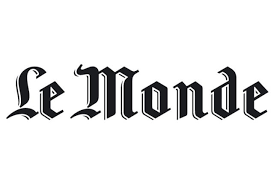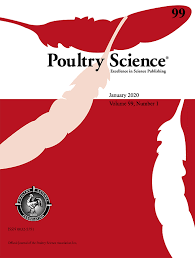Document type : article published in Le Monde (subscriber edition)
Author: Mathilde Gérard
Preview: Expected by the end of the year, the revision of European regulations on animal welfare was not mentioned in the Commission's Autumn policy speech, and does not feature in the work plan for the coming year.
Will the vast European project to reform its legislation on animal welfare actually take place? This overhaul of regulations, most of which date back more than twenty years, no longer seems to be a priority for the European Commission, which had pledged to present this revision before the end of 2023. On Wednesday September 13, in its State of the European Union (EU) address detailing the major issues for the coming months, Commission President Ursula von der Leyen said nothing. Her "letter of intent"also published on Wednesday, and which lists future priorities, does not mention animal welfare, even though the subject was well on the agenda of the same meeting document one year ago.
On Monday September 11, the Financial Times quoted several European sources as saying that the reform of the animal welfare legislation, announced as part of the "Farm to Fork" strategy - the agriculture and food version of the climate "Green Deal" - might be abandoned just a few months before the 2024 European elections. Officially, however, the European executive assures us that the review is still underway. Meanwhile, a Commission spokesperson told Le Monde: "We cannot however provide any details concerning the timetable".
The revision that was initially announced is a major, structural undertaking, affecting all livestock sectors (cattle, pigs, poultry, etc.), transport and slaughter conditions, as well as consumer information. In an assessment published in Autumn 2022, the Commission concluded that its animal welfare regulations, distributed across seven directives and regulations (directives on pigs and laying hens, regulation on the protection of animals during transport, etc.), were no longer appropriate, were too vague and did not reflect the state of scientific knowledge and societal expectations on the subject. [end of access for non-subscribers]






